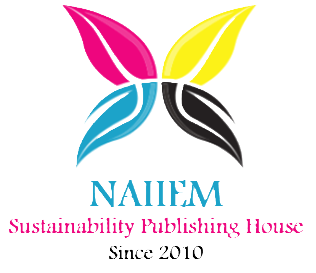Plagiarism is the act of using someone else’s work without proper credit, which undermines academic integrity, creativity, and professionalism. It has serious consequences in education, research, journalism, and business.
1. Why Plagiarism is Important and Why We Should Pay Attention to It
a) Academic Integrity and Ethics
- Plagiarism violates ethical standards in schools and research.
- It can result in failed grades, expulsion, or disqualification.
- Proper citations acknowledge original ideas and promote fairness.
b) Legal and Copyright Issues
- Using copyrighted material without permission can lead to legal action.
- Many countries have strict intellectual property laws protecting original works.
- Businesses and professionals may face fines or lawsuits if found guilty.
c) Impact on Research and Innovation
- Plagiarism discourages original thinking and knowledge advancement.
- In research, it leads to misinformation and unreliable findings.
- Proper citations validate sources and strengthen arguments.
d) Professional and Business Reputation
- Plagiarism in journalism, writing, or corporate reports damages credibility.
- Companies that copy content can face brand damage and legal penalties.
- Creative industries (art, music, literature) rely on intellectual rights protection.
2. How to Avoid Plagiarism
✅ Use Proper Citation and Referencing
- Always cite sources using the correct format (APA, MLA, Chicago, etc.).
- Include quotation marks for direct quotes and credit the author.
- Paraphrase effectively without copying sentence structures.
✅ Paraphrase Carefully
- Read and understand the original text before rewriting in your own words.
- Avoid simply rearranging words—express the idea uniquely.
- Still credit the source even if paraphrased.
✅ Use Plagiarism Detection Tools
- Tools like Turnitin, Grammarly, and Copyscape help detect copied content.
- Many universities and publishers use plagiarism checkers before approving work.
✅ Keep Track of Sources
- Maintain a bibliography while researching.
- Use citation management tools like Zotero, EndNote, or Mendeley.
✅ Create Original Work
- Focus on analyzing and interpreting instead of copying.
- Add your own insights, perspectives, and critical thinking.
- Always aim for authenticity and originality in writing.


دیدگاه خود را بنویسید